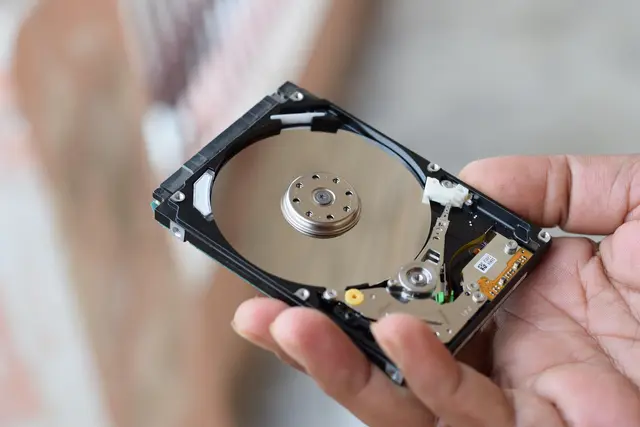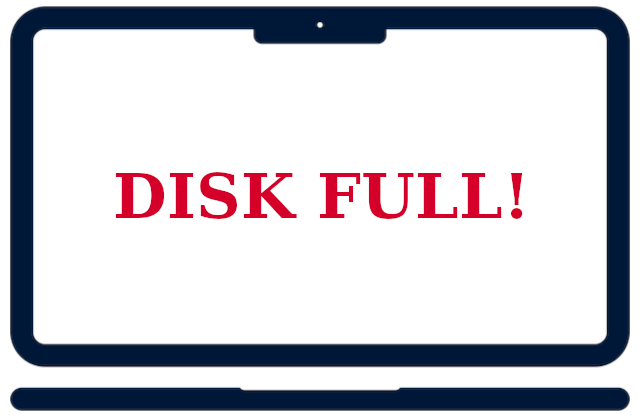Looking for a quick way to backup your Linux computer? Linux’s BTRFS file system provides a “snapshot” capability that quickly saves the current state of a BTRFS subvolume. Continue reading to learn how to make BTRFS snapshots part of your backup strategy…

After running Arch Linux as my daily driver for 3 years, I noticed my root file system was running low on disk space. Continue reading to learn how I diagnosed and fixed this problem by pruning my pacman cache.

Why is my disk full?
After updating to iOS 18.1, many of my app icons became “dark”. Why did this happen, and how to I restore my icons to their normal appearance?
The Linux shell (bash or zsh) provides users tremendous power, but requires a significant amount of typing. This article shows several approaches to changing directories that minimizes typing. Along the way, we will learn about how the Linux shell finds and manages executables and even about tiling window managers.
I follow three guiding principles when selecting which software to use:
- Privacy – Does the software (and vendor) value and guard my privacy?
- Data Longevity – What happens to my data if the vendor goes out of business? Or the vendor discontinues the tool?
- Vendor lock-in – how easily can I export my data and then import it into a different tool? Am I trapped within a single vendor’s ecosystem?
This article focuses on why I believe these principles are important when choosing software. But these principles also apply to many other purchasing decisions we make. Buying a car, a TV or even a lawn irrigation controller? You should consider these three key principles before making your choice.